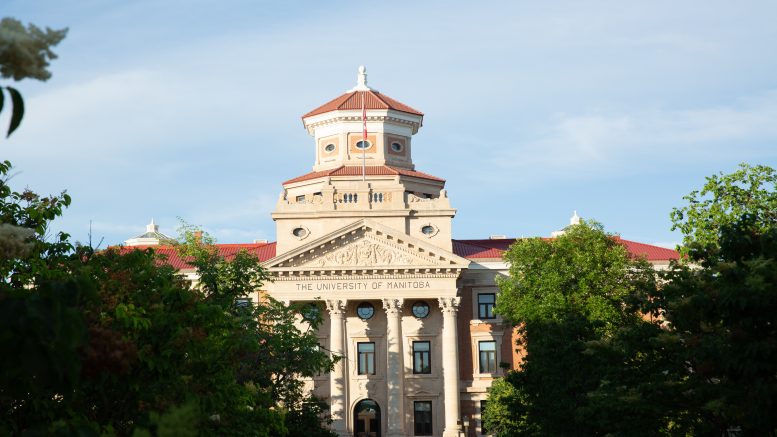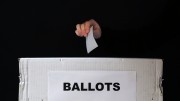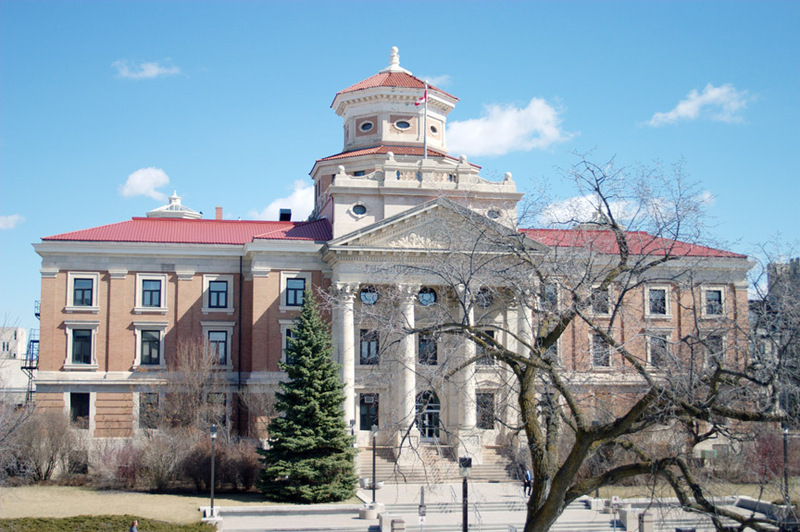Fleur Almeida came to Canada for her post-secondary education in order to have more opportunities career-wise and a better quality of life. Now, Almeida is having to worry about the potential weight of student loans to compensate for the increasing international fees she and her family are facing.
This upcoming year, the U of M will see an increase in tuition by 2.75 per cent for undergraduate and graduate programs, for both domestic students and international students like Almeida, now in her second year of a bachelor of science.
“I just hope that [increasing tuition] doesn’t continue,” she said.
“There are a lot of international students who come here, and everybody comes from different financial backgrounds, and we’re already paying so much more […] if this goes on, it’s going to be really difficult to afford education.”
“Everybody deserves a chance. Everybody needs to be able to have access to education.”
The 2.75 per cent increase in tuition fees this fall is creating concern for undergraduate and graduate students alike.
The increase was approved at the March 28 board of governor’s meeting, where U of M president Michael Benarroch outlined the proposed 2023-24 budget for the university.
All domestic and international undergraduate and graduate programs will undergo an increase in tuition, except for the undergraduate doctor of pharmacy program. The increase will also extend to all university fees.
Vice-provost (academic planning and programs) Greg Smith noted that “recent inflationary pressures [have] meant that some costs have shot up very quickly.”
According to Smith, that means that as the costs of running a university go up, such as faculty salaries, maintenance and equipment, so does tuition.
The percentage increase is mandated by the provincial government, Smith explained. Minister of Advanced Education and Training in the Manitoba legislature Sarah Guillemard was not available for an interview.
Jon Lovlin, spokesperson for the minister, said in a statement to the Manitoban that while the province sets the maximum, each college and university is allowed to adjust their tuition how they see fit as long as they do not exceed that maximum. The maximum for the 2023-24 academic year is 2.75 per cent for universities and $133 per program for colleges.
At the University of Manitoba, the increase will result in a cost of $444.75 for the average three credit-hour course in the faculty of arts. During the 2022-23 academic year, the domestic tuition for that course was $432.84.
An international student in the same course will be paying approximately $1,700, where they would have been paying $1,654.44 in the academic year prior.
Smith said the 2.75 per cent increase is below the inflation rate, and that the need to reach that maximum increase for additional revenue was clear.
University of Manitoba Graduate Students’ Association president Christopher Yendt and UMSU president Tracy Karuhogo both brought up concerns for students amidst the rising cost of living.
“While the university exists in its own little context sometimes, we can’t forget the fact that cost of food has gone up, cost of rent and living as gone up […] and yet we still struggle within the campus environment to meet those needs and those challenges for grad students,” said Yendt.
Yendt also emphasized that graduate students are both employees and students, putting them in a situation where the university is asking for more from students when really the students “need more from the university.”
Yendt continued, saying that, in return, graduate students “would like to see things that are a little bit more conscious” like the price of parking or food on campus, aspects that make university life a “powerful and challenging piece for students.”
“I think we’re losing sight of the fact that every hour a graduate student has to work, or a student for that matter, has to work off campus in another field or job that is not related to their field of study, is an hour lost of capacity and potential.”
Karuhogo raised the question, “How are students going to afford this increment with the way inflation is going and things being so expensive?”
She noted that UMSU is happy that tuition was not increased by a higher percentage as students may struggle to pay tuition already in the scheme of managing other life expenses.
“The education we’re giving students has to be accessible and […] UMSU has to always advocate for [it to be] accessible and affordable.”
Smith said tuition at the U of M is low among other schools in Canada’s U15 division. He acknowledged that the pandemic is still affecting students’ lives economically, and reported that the university has allotted an additional $2 million in student financial aid for this upcoming year.
Yendt and Karuhogo are both anticipating conversations with the university to address the challenges impacting both undergraduate and graduate students.





